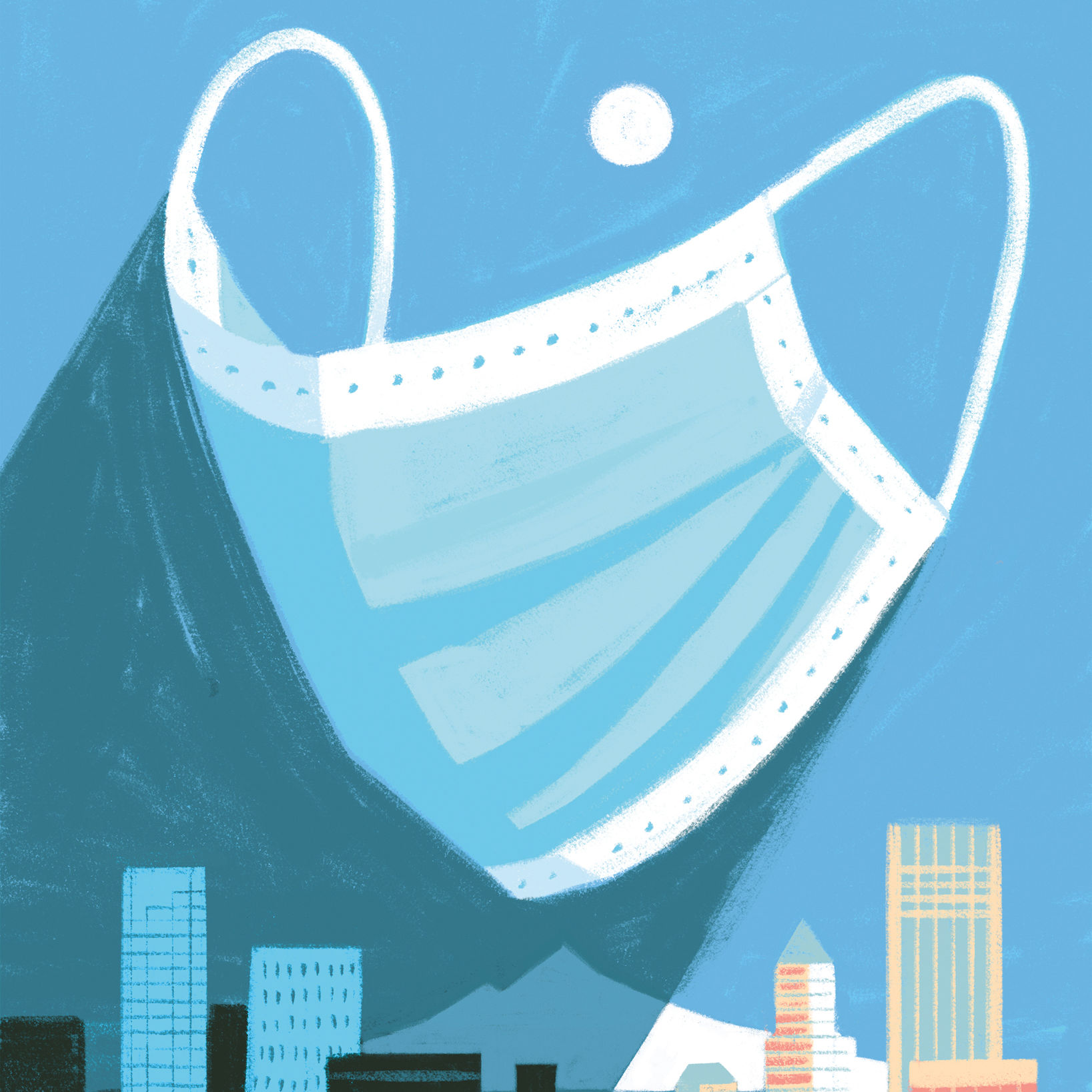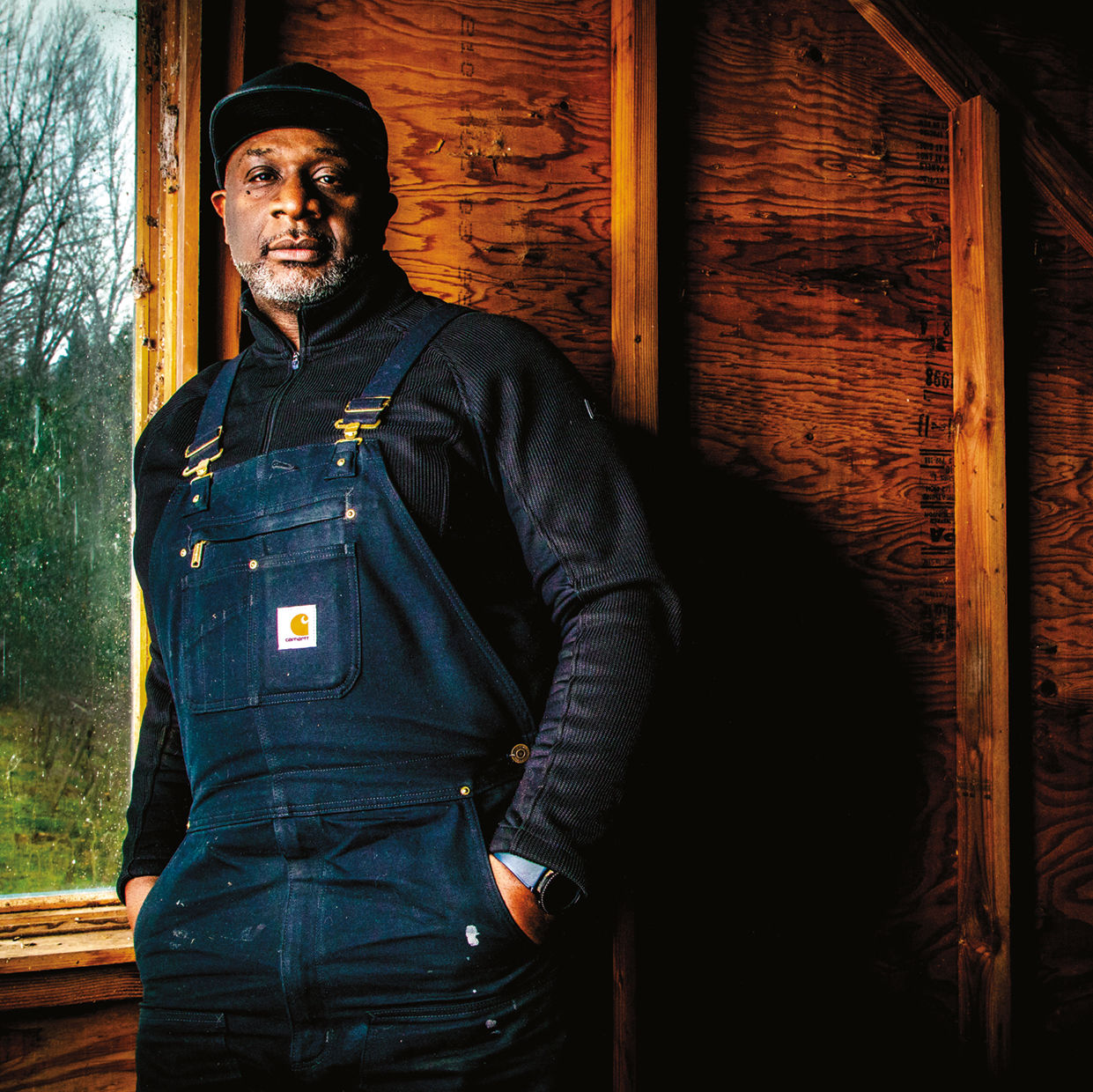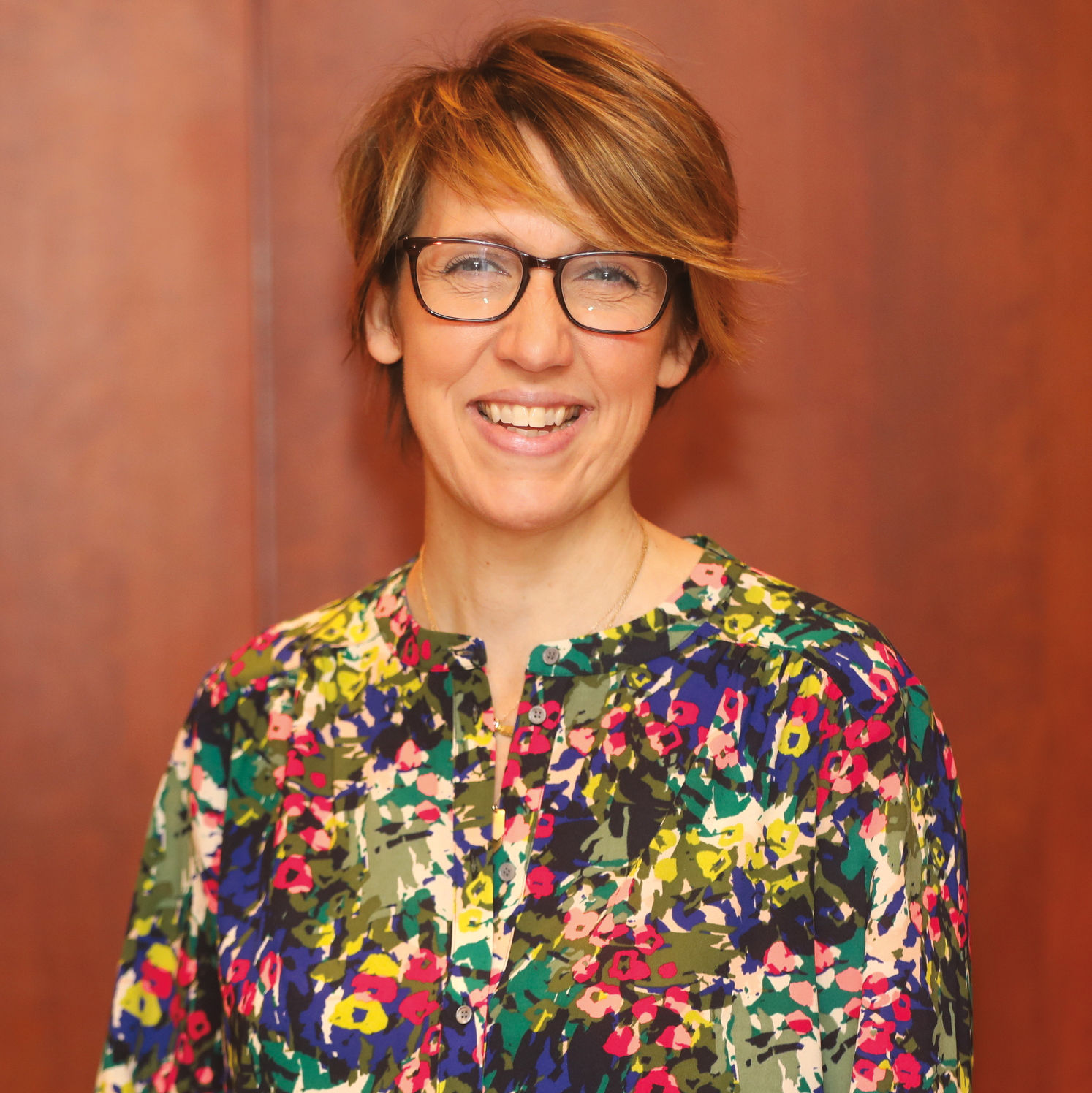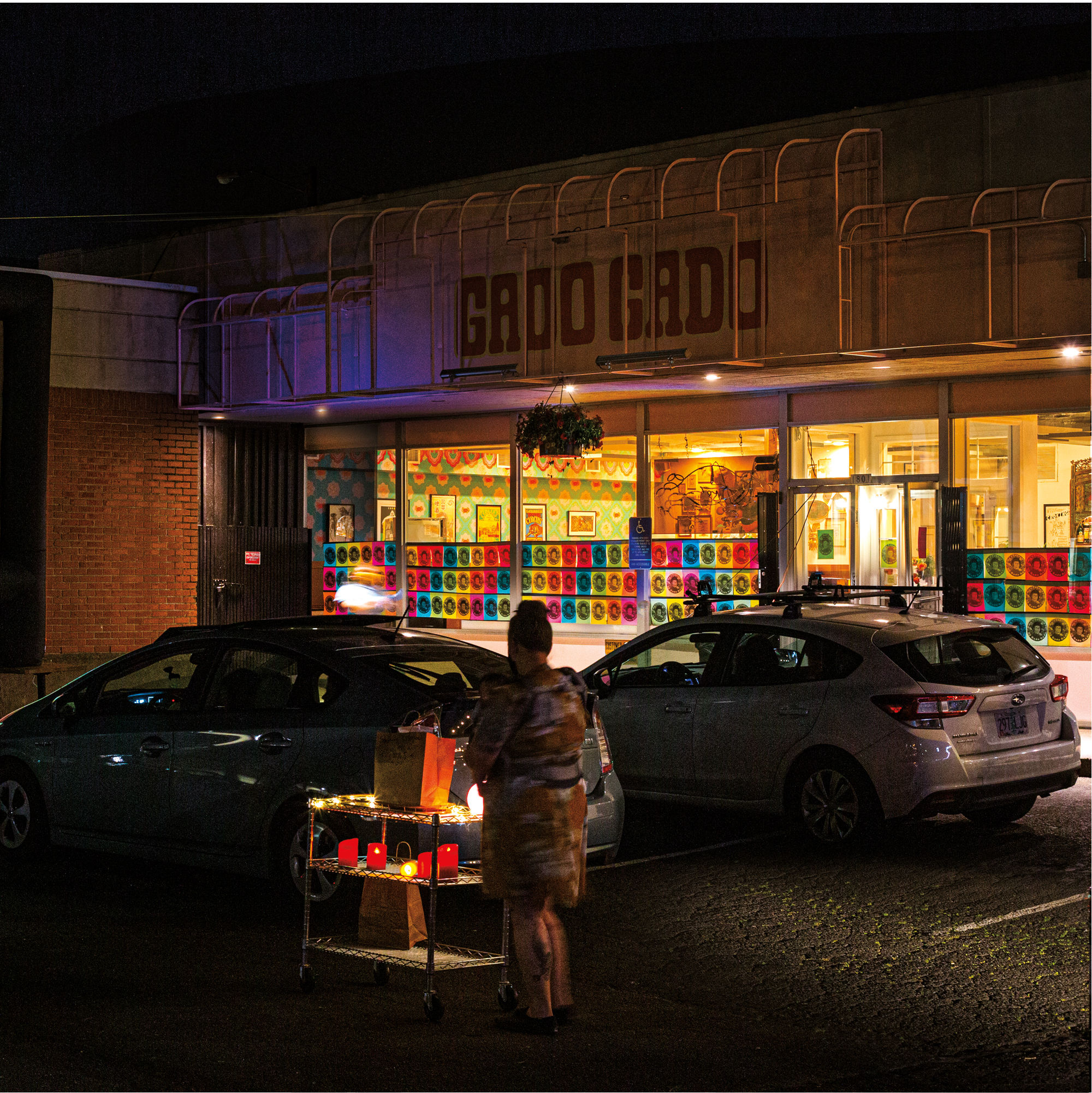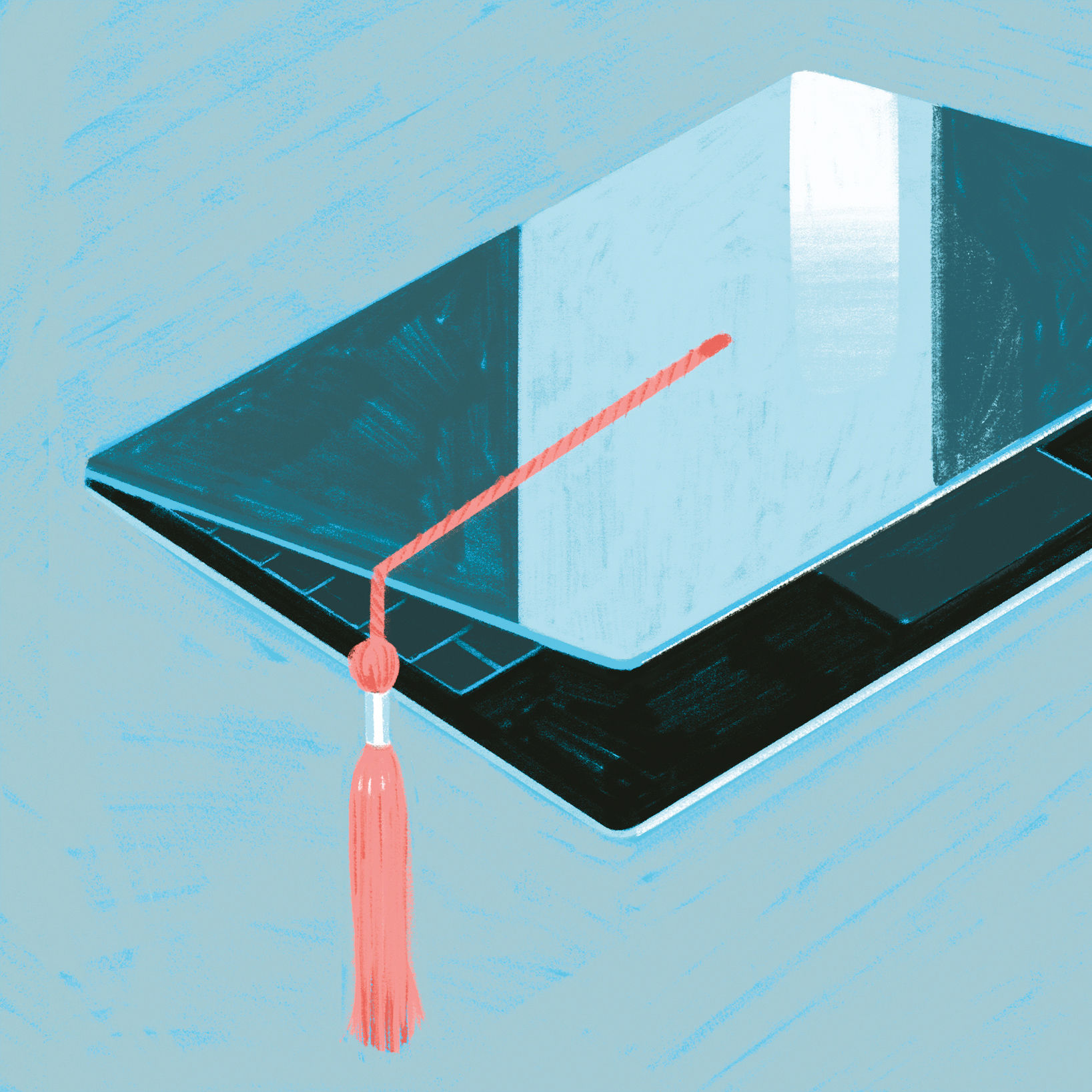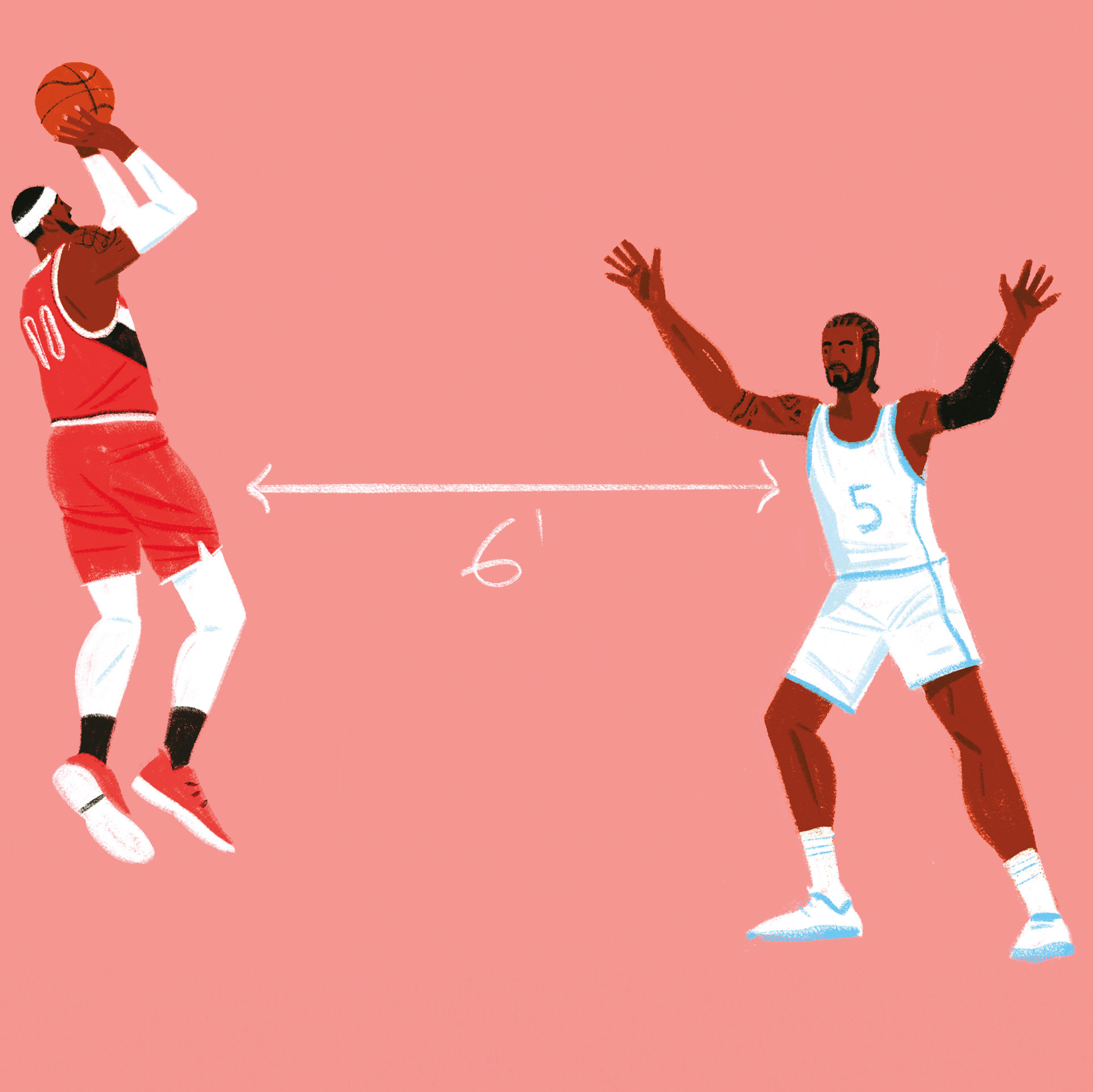This Recovered COVID-19 Patient Is Not Rushing the Path Back to Normal
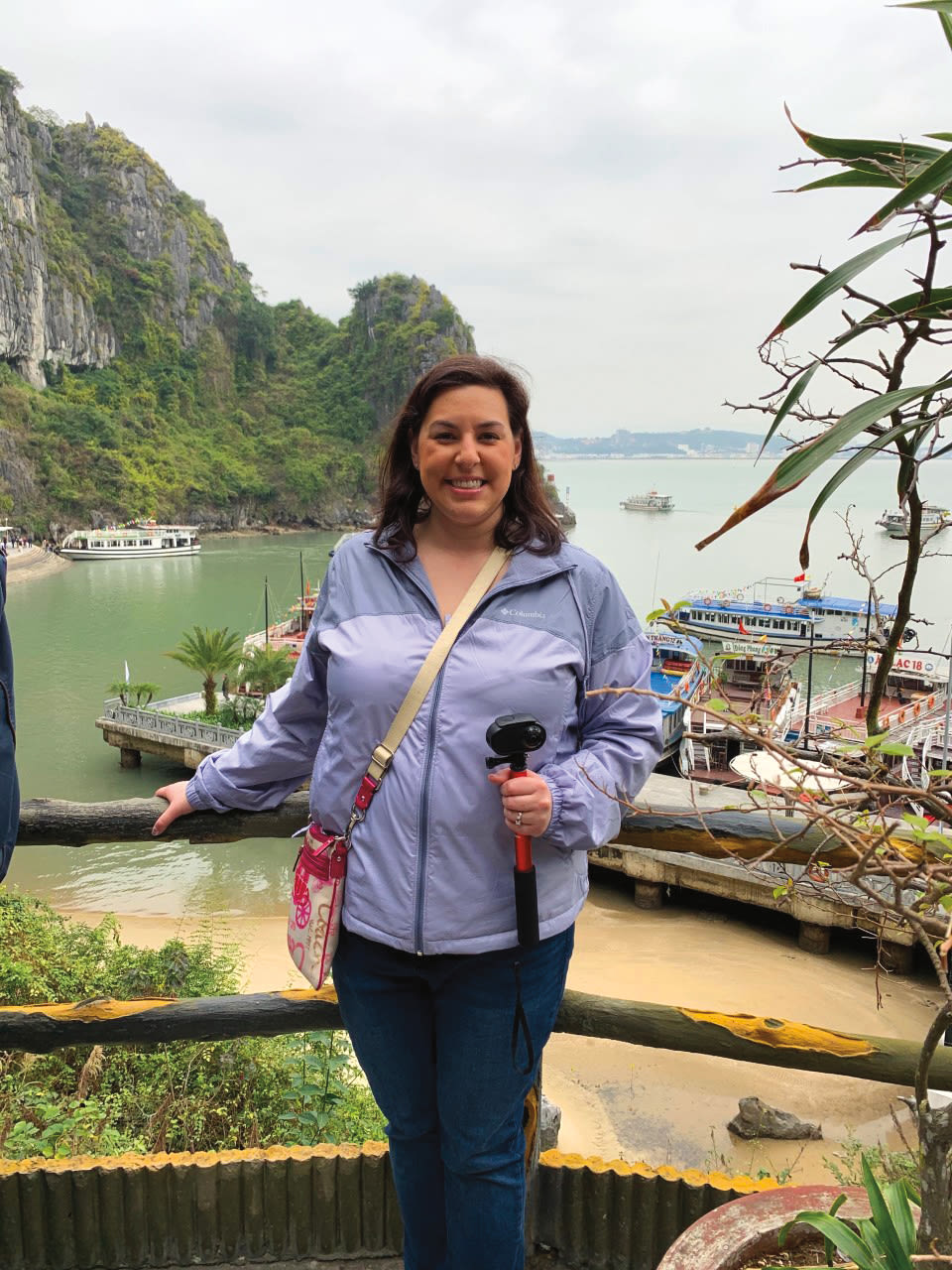
Image: Courtesy Rebecca Frasure
In early February, Rebecca Frasure was coming to the end of a cruise with her husband, Kent, on a ship called the Diamond Princess. The Forest Grove resident heard a fellow passenger had tested positive for COVID-19, and though she was considered high-risk, with multiple sclerosis, asthma, and diabetes, she wasn’t too concerned, even when she developed a mild cough. But a test by Japanese authorities came back positive for the new coronavirus, and she ended up in a Tokyo hospital for 28 days. Now she’s back in Oregon, having lived to tell her tale.
“[Those 28 days were] more difficult mentally and emotionally than physically. I wasn’t super sick. I didn’t have to be on oxygen or a ventilator. Mostly what I have come to appreciate is my freedom, in the sense of social freedom, being able to walk down the street. I would look out [my hospital window] and see the blue skies and people coming and going, and I was so longing to be a part of that again.
“I’m really grateful that we’re home. Even if I have to limit my trips out into the world to once a week, I’m OK with that. I can’t be with friends? I’m OK with that. Because I know that if we just hold the line and stay strong, we’ll get to do all of those things sooner rather than later.
Be Patient.
“In the beginning, before we knew everything, I was more along the lines of: ‘Don’t be scared. It’s gonna be OK.’ And for so many people that is true. But there are a lot of people where that is not the case and it doesn’t turn out OK. I would not want to say that any longer. I would say our current situation won’t last forever, so we just have to be patient and give this time to quiet down. Otherwise we’re just going to be in a vicious circle and we’re never going to get back to any semblance of what we had before.
“It’s hard to explain to somebody who has never experienced it, but you have no idea how much worse it can be. Appreciate the fact that you are just being asked to stay home.
“And the more people who recover who can talk about it, the better, because I think it gives people hope. You can get better.”

